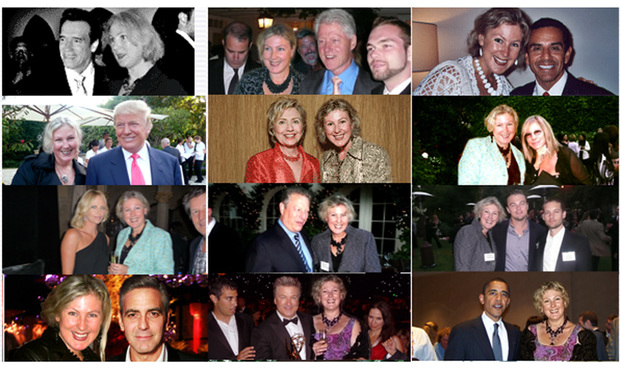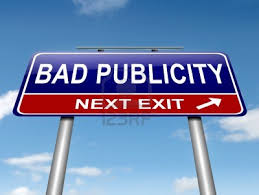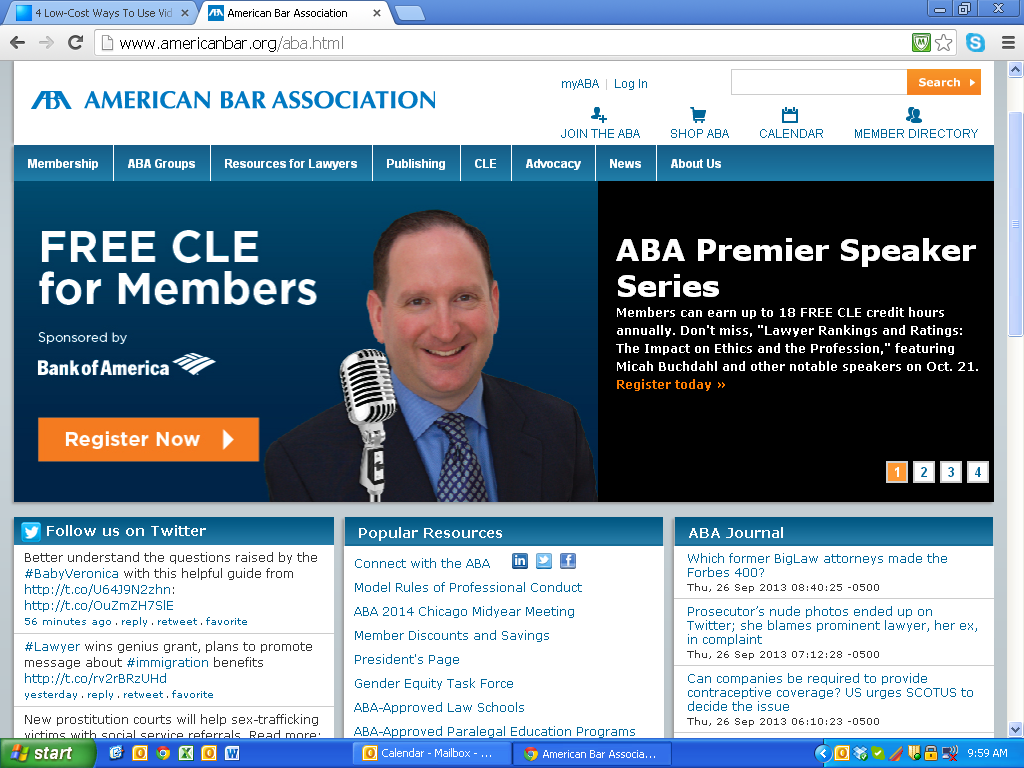Last night, my five year old son asked me what the “f” word was. While dancing around the answer, my nine year old daughter suggested she knew it and was pretty sure she had heard it from me. I won’t lie to you. I’ve used it from time to time. I’m sure while sitting in Lincoln Financial Field for the last nine Philadelphia Eagles home losses in a row, I’ve used it 10-10,000 times. But never online.
 However, when Reed Smith real estate partner Steven Regan cursed at SCOTUS on Twitter, the story became a Reed Smith partner cursing on Twitter. It was not really about Steve. He quickly deleted his Twitter account, and if the firm functions like most big law firms I work with on these issues, he was probably met with a much more private profanity from some of his partners in management. If they were one of my clients for social media compliance, I might have actually said, “Steve, WTF!”
However, when Reed Smith real estate partner Steven Regan cursed at SCOTUS on Twitter, the story became a Reed Smith partner cursing on Twitter. It was not really about Steve. He quickly deleted his Twitter account, and if the firm functions like most big law firms I work with on these issues, he was probably met with a much more private profanity from some of his partners in management. If they were one of my clients for social media compliance, I might have actually said, “Steve, WTF!”
Unlike much of the work I do in making sure a law firm’s marketing efforts are compliant with the rules of professional conduct and the states in which they practice/market, this is not an ethics violation (although I did find one here, which I’ll point out in a moment). This is just bad publicity. Public relations crisis management. You simply don’t want people thinking your law firm does not know how to properly use social media. Especially a firm like Reed Smith, which has a significant media and advertising practice.
 If you would like to hear a short podcast discussing how legal advertising has changed due to the internet and social media, how to launch a successful marketing campaign without getting into trouble with state bars, and some advice to small and big firms about advertising in certain practices and geographic regions, LISTEN HERE to the podcast on the Legal Talk Network. Thanks to interviewer Jason Marsh, Adriana Linares and the LTN team for the opportunity to chat during the ABA Midyear Meeting in Houston, Texas.
If you would like to hear a short podcast discussing how legal advertising has changed due to the internet and social media, how to launch a successful marketing campaign without getting into trouble with state bars, and some advice to small and big firms about advertising in certain practices and geographic regions, LISTEN HERE to the podcast on the Legal Talk Network. Thanks to interviewer Jason Marsh, Adriana Linares and the LTN team for the opportunity to chat during the ABA Midyear Meeting in Houston, Texas. Marketing Attorney Blog
Marketing Attorney Blog








